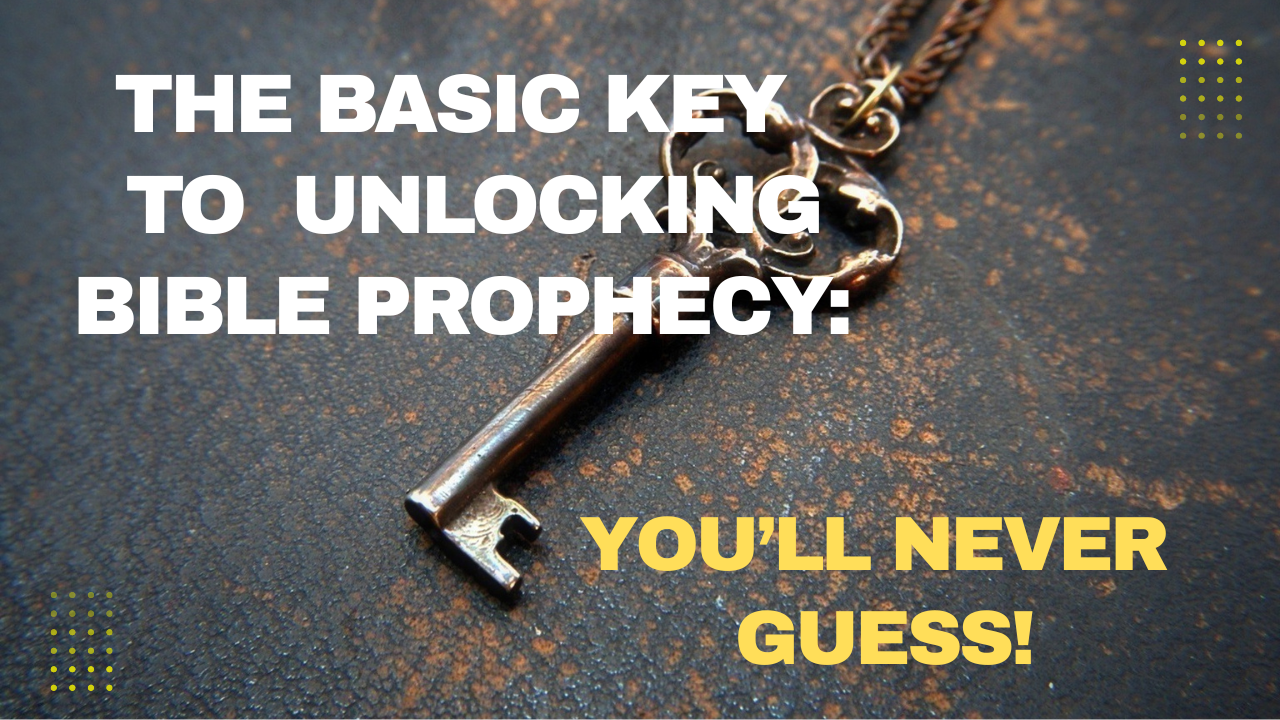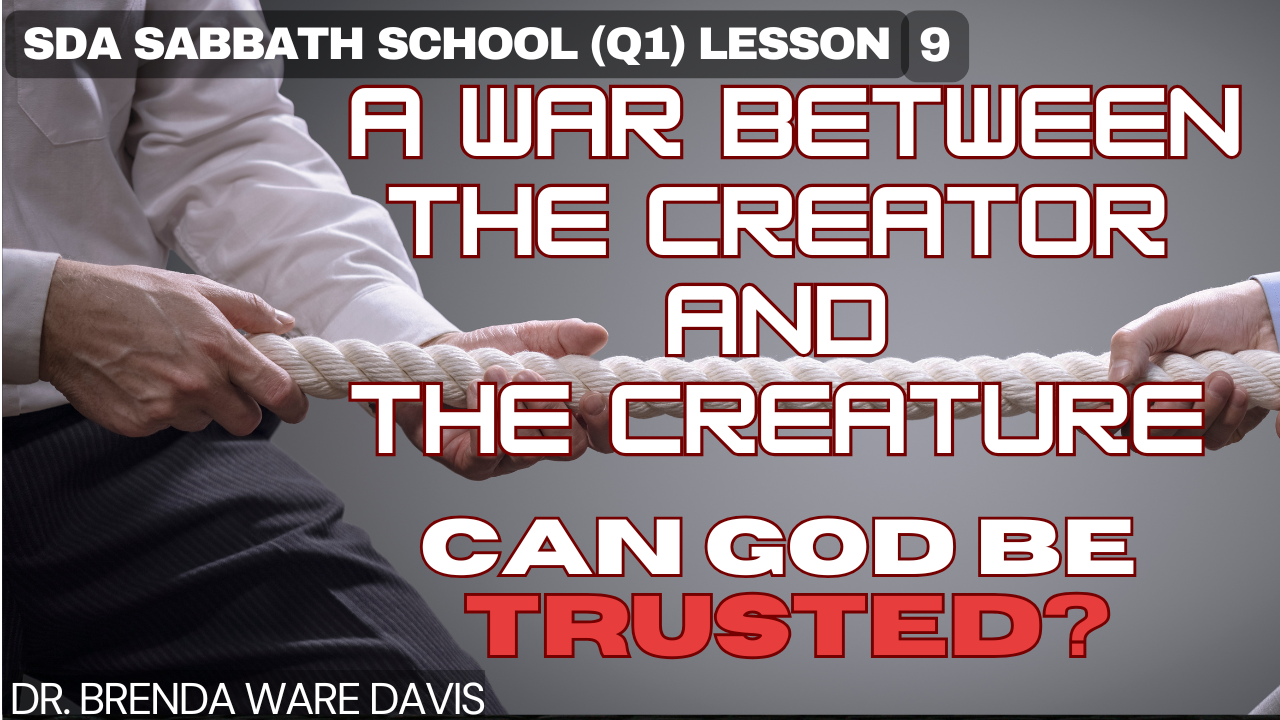Sabbath School 2023, Q1 MANAGING FOR THE MASTER (Lesson 6) Laying Up Treasure In Heaven Day 3: Lot’s Bad Decisions
THE CHOICE IS YOURS: When God calls us to make life-changing decisions, he gives us the freedom to choose. Many choose to be self-serving rather than a servant of their Creator. What happens when we make the decision to serve self rather than God?
In the Bible, God has provides us with practical guidance on how to live above the stresses of life, and we are given instructions on how to manage the resources He has given us.
In this series,
From a biblical perspective, we are looking at how to manage effectively the resources God has given us while prioritizing What Really Matters.
Review any of our previous lessons @ SabbathSchoolDaily.com.
Also, you can obtain the study guide to these lessons @ Sabbath.School or ssnet.org
Let’s Pray
Holy Father, Creator of the Universe. We thank you for giving us the freedom to choose. We have the choice to serve you or to serve self. Help us choose you. In Jesus’ Name, Amen
When Abram left his homeland in response to God’s call, Lot, his nephew, his brother’s son, chose to go with him. That was a good choice.
When you read Genesis 13 you will see that in Abram’s choice to obey God and leave his homeland, the records show that God blessed Abram. Genesis 13:2 tells us that…
2 Abram was very rich in livestock, in silver, and in gold. (Genesis 13:2)
Then in Genesis 13:5, we see that by following his uncle Abram, Lot was blessed as well.
5 Lot also, who went with Abram, had flocks and herds and tents. (Genesis 13:5, NKJV).
So, in obeying God and following his instructions, both Abram and Lot became very wealthy.
God blessed both Abram and Lot with many cattle. They become so wealthy that it got to a point where it became difficult for them to live together.
They had so much livestock that it was a challenge for Abrams herdsmen and Lots herdsmen to keep the cattle separate when grazing in the fields. So, they were in constant battle with one another.
Desiring to avoid the conflict between his herdsmen and Lot’s herdsmen, Abram offered to let Lot choose where he wanted to live.
Of course, since Abram was Lot’s senior and Lot’s prosperity was because of his connection with Abram, it would seem that the right thing to have been done was to allow Abram to have first choice.
But, No! Lot was selfish. He wanted the best land for himself. He showed no gratitude to Abram, and he selfishly chose the best land available.
Genesis 13:10-12 describe the process of Lot’s decision.
10 And Lot lifted his eyes and saw all the plain of Jordan that it was well watered everywhere (before the Lord destroyed Sodom and Gomorrah) like the garden of the Lord, like the land of Egypt as you go toward Zoar.
11 Then Lot chose for himself all the plain of Jordan, and Lot journeyed east. And they separated from each other.
12 Abram dwelt in the land of Canaan, and Lot dwelt in the cities of the plain and pitched his tent even as far as Sodom. (Genesis 13:10–12)
You see, Lot chose to move to the city. Regardless of his justification for moving to the city, his choice didn’t turn out very good for him. But, when Abram heard what happened to Lot, did he say, “That’s just too bad for you, Lot. You reap what you sow.”
No! in Genesis 14, we find that Abram immediately went to rescue Lot and his family from danger.
In our desire for more, sometimes we fail to learn our lesson the first time we make a bad decision.
Although Abraham rescued Lot from danger and saved his life, Lot moved back to Sodom! (Split)
But God, in his love and great mercy, desiring to spare Lot and his family, sent angels (messengers of warning ) to Lot and his family, letting them know of the impending destruction of Sodom and Gomorrah.
The details of God’s visit to Abram and Abram’s plead to spare Lot and his family are found in Genesis 18:20–33.
This incident shows just how much Abraham cared for Lot and his family. He bargains with God to spare the cities of the plain if 50 righteous people could be found there. Abraham starts with 50 righteous people and then reduces that number little by little to only ten righteous people.
In harmony with his character of love, God agrees to each request Abraham made up to, where Abraham stopped asking when he got down to ten righteous people.
Sadly, Abraham’s bargaining was not enough to save the cities. There were not even ten righteous people living in Sodom.
So, God sent two angels and he personally escorted Lot, his wife, and their two daughters out of the city. But Lot’s wife looks back at the burning city. When she does, she becomes a statue or pillar of salt.
Lot entered Sodom a rich man. There he lost everything he had. He came out of Sodom with almost nothing.
There is a lesson here in the story of Lot for all of us. We must be careful about the kind of decisions we make. Jesus in Mark 8:36-37 asks a compelling question
36 For what will it profit a man if he gains the whole world, and loses his own soul?
37 Or what will a man give in exchange for his soul? (Mark 8:36-37)
When we seek immediate gratification to satisfy our selfish desires we can lose out on our greater future reward. (Split)
[Lot] chose a land that was beautiful. It was a situation that promised great returns. Lot went in rich and came out with nothing as a result of his choice. It makes every difference whether we place ourselves in positions where we will have the very best help of correct influences or whether we choose temporal advantages. There are many ways that lead to Sodom. We all need anointed eyesight, that we may discern the way that leads to God.—Letter 109, 1899. Adapted
But even in making bad decisions, when we repent and ask for forgiveness, God’s heart is open to forgiving. Jacob went from making bad decisions to becoming a prince. How? Find out in Day 4: Deceiver to Prince
If you wish to return tithe or give an offering, consider giving online,
@ Adventistgiving.org
my local Church:
Hebron Seventh-day Adventist Church 7902 Wheatly Street Houston, TX 77088
Watch Past and Present Lessons @ SabbathSchoolDaily.com














Post Comment